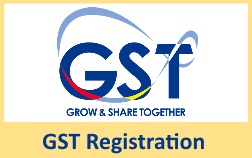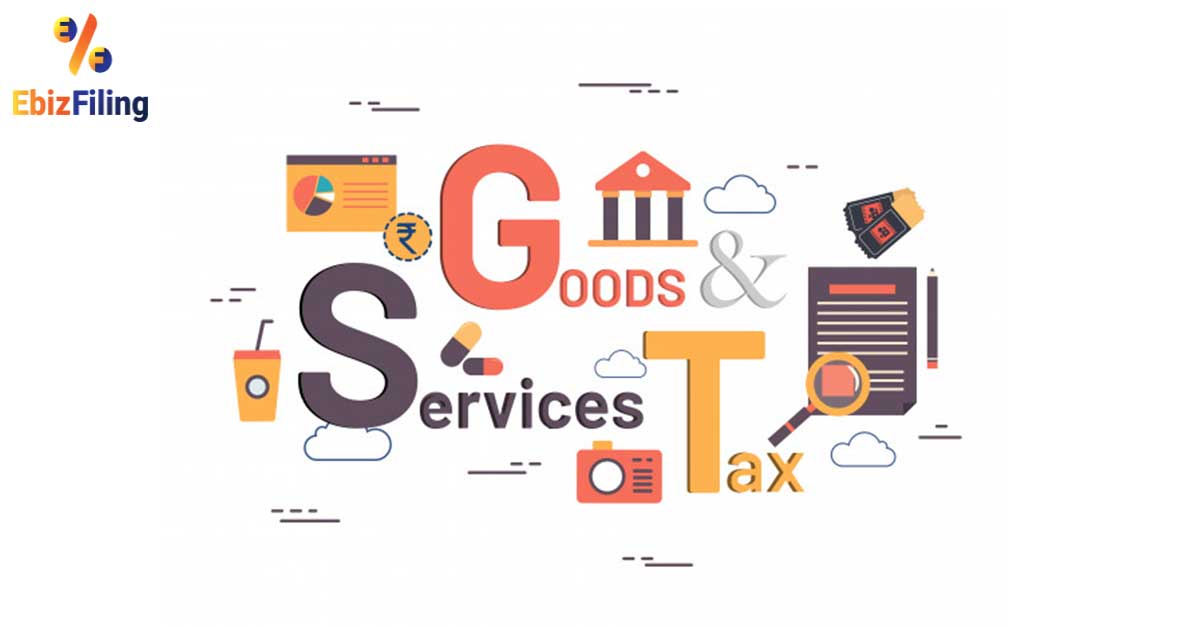Navigating the Complexities of GST Registration: A Comprehensive Guide for Organization Owners
Browsing the complexities of GST registration can be a difficult task for many entrepreneur, as it includes a myriad of rules, policies, and processes that should be followed. With the ever-evolving landscape of tax regulations, guaranteeing compliance and understanding the details of GST enrollment is critical for the seamless operation of any organization. From identifying eligibility and collecting the essential documentation to maximizing operations for optimal efficiency, this thorough guide intends to offer company owner with the knowledge and devices required to navigate the intricacies of GST registration efficiently.
Eligibility for GST Registration
Organization owners have to meet certain standards to establish their eligibility for GST registration. In general, companies with a yearly turn over going beyond a specific limit are called for to register for Product and Solutions Tax Obligation (GST)
In addition, organizations that are registered under any kind of previous tax obligation regime, such as VAT or service tax, are usually needed to change to GST registration. Understanding these requirements is critical for local business owner to make sure compliance with the law and stay clear of any kind of penalties or legal problems. It is advisable for entrepreneurs to speak with tax obligation specialists or lawful advisors to examine their qualification for GST enrollment precisely. By adhering to the required criteria, organizations can efficiently browse the complexities of GST registration and operate legitimately within the tax obligation structure.
Files Needed for Registration
To finish the GST enrollment process, companies need to collect and send a thorough set of files. The vital records needed for GST registration usually consist of evidence of business registration or consolidation such as the Certification of Consolidation, collaboration act, or any various other registration certificate.
In addition, details documents associated with the nature of business, such as a checklist of services or goods supplied, HSN codes for products, and SAC codes for services, may be called for - Why choose CFO Account & Services for GST registration in Singapore. It is crucial for services to make certain that all records submitted are exact, up-to-date, and in the recommended layout to stay clear of any kind of hold-ups or issues in the GST enrollment process
Process of GST Enrollment
Having actually set up the requisite paperwork, companies continue to start the GST registration procedure by involving with the on-line portal assigned for enrollment. This on the internet website is the Item and Solutions Tax Network (GSTN) site, which acts as the key system for all GST-related tasks in India. Upon accessing the portal, organizations are called for to fill out the GST registration kind with accurate information concerning their company tasks, turnover, and various other appropriate information.
Once the form is completed and sent on the portal, the GSTN validates the details supplied by the company. If any kind of inconsistencies are located, the candidate might be required to supply additional info or explanation. Following successful confirmation, a GST enrollment certificate is provided to the business entity. This certification consists of a special Product and Provider Tax Obligation Identification Number (GSTIN) that is made use of for all GST-related purchases.
It is essential for organizations to guarantee that the details provided during the GST registration procedure is exact and up to date to avoid any type of prospective problems or hold-ups in acquiring the GST enrollment certification.
Recognizing GST Conformity

Companies need to be familiar with the different GST compliance requirements based upon their turn over, nature of items or solutions, and the states in which they run. It is essential to stay updated on any changes in GST laws and regulations to prevent any non-compliance concerns.
Non-compliance with GST regulations can result in significant penalties, charges, and Discover More even lawful effects. Companies must spend time and sources in informing themselves and their staff on GST conformity. Looking for expert aid from tax obligation experts or experts can likewise help in browsing the complexities of GST compliance and making certain that services run within the lawful structure.

Tips for Optimizing Company Workflow
For improved efficiency and productivity in organization procedures, calculated preparation and structured procedures are vital elements. One tip for optimizing organization procedures is to leverage technology properly (Why choose CFO Account & Services for GST registration in Singapore). Carrying out the best software services can automate repeated tasks, boost precision, and enhance total process efficiency. In addition, conducting normal efficiency evaluations and collecting comments from staff members can offer valuable understandings for identifying traffic jams and areas for enhancement.
An additional important facet is prioritizing tasks based upon their importance and due dates. By creating a clear official source power structure of jobs and setting sensible timelines, companies can guarantee that essential tasks are completed in a timely manner. Cultivating a society of open communication and cooperation amongst team members can lead to enhanced effectiveness and advancement.

Conclusion
In final thought, browsing the intricacies of GST enrollment calls for a clear understanding of qualification standards, required papers, registration procedures, and conformity requirements. By adhering to these guidelines and optimizing organization procedures, local business owner can ensure smooth operations and conformity with the GST regulations. It is important for companies to stay educated and updated on GST policies to prevent any type of penalties or lawful concerns.
The vital records needed for GST enrollment commonly consist of evidence of company registration or incorporation such as the Certification of Unification, collaboration action, here or any type of various other registration certification.Having actually set up the requisite paperwork, companies proceed to launch the GST enrollment process by engaging with the on-line website designated for enrollment. Upon accessing the website, services are required to load out the GST registration form with exact details regarding their organization activities, turnover, and various other relevant details.
In order to preserve adherence to GST policies and stay clear of charges, organizations need to prioritize recognizing GST compliance. By sticking to these guidelines and optimizing service operations, organization owners can make certain smooth operations and conformity with the GST policies.